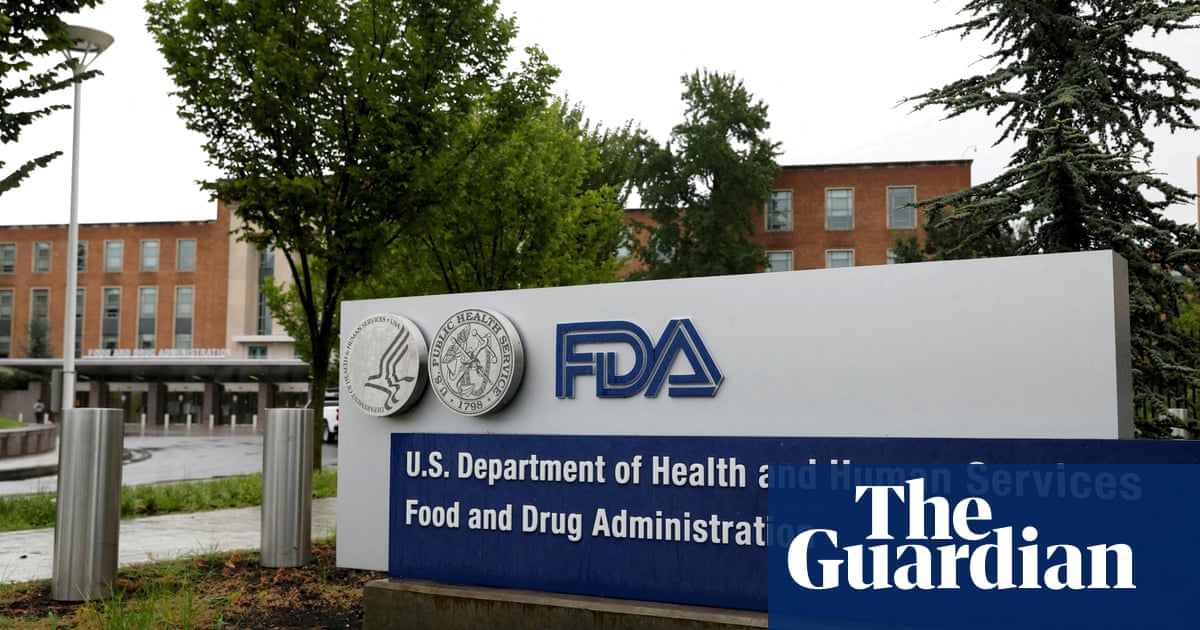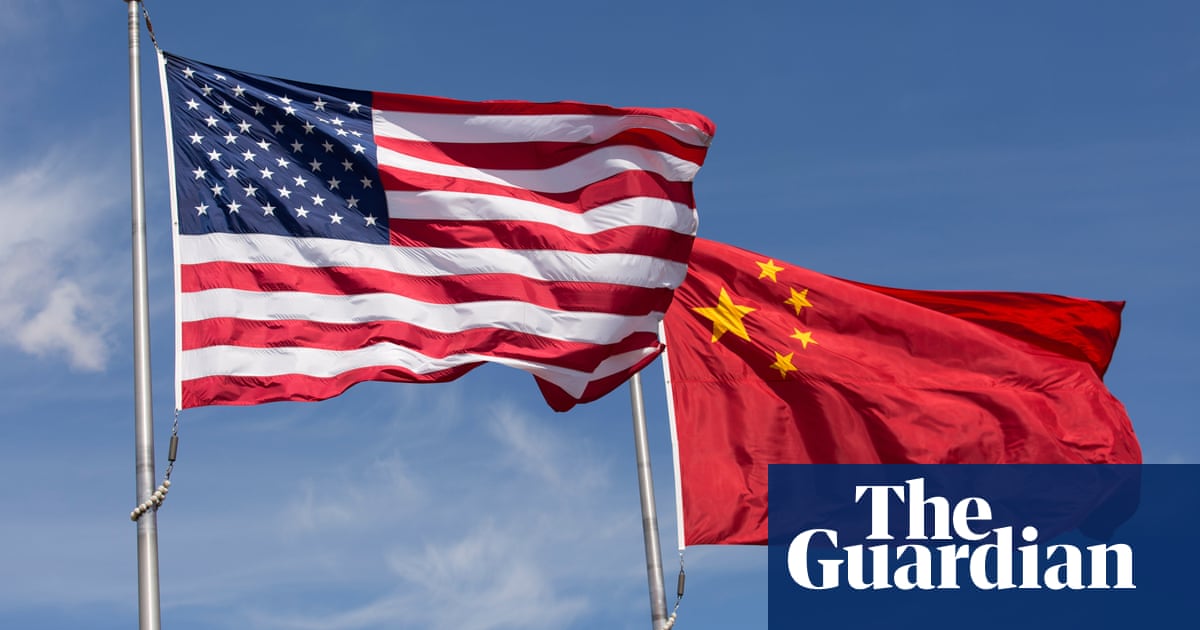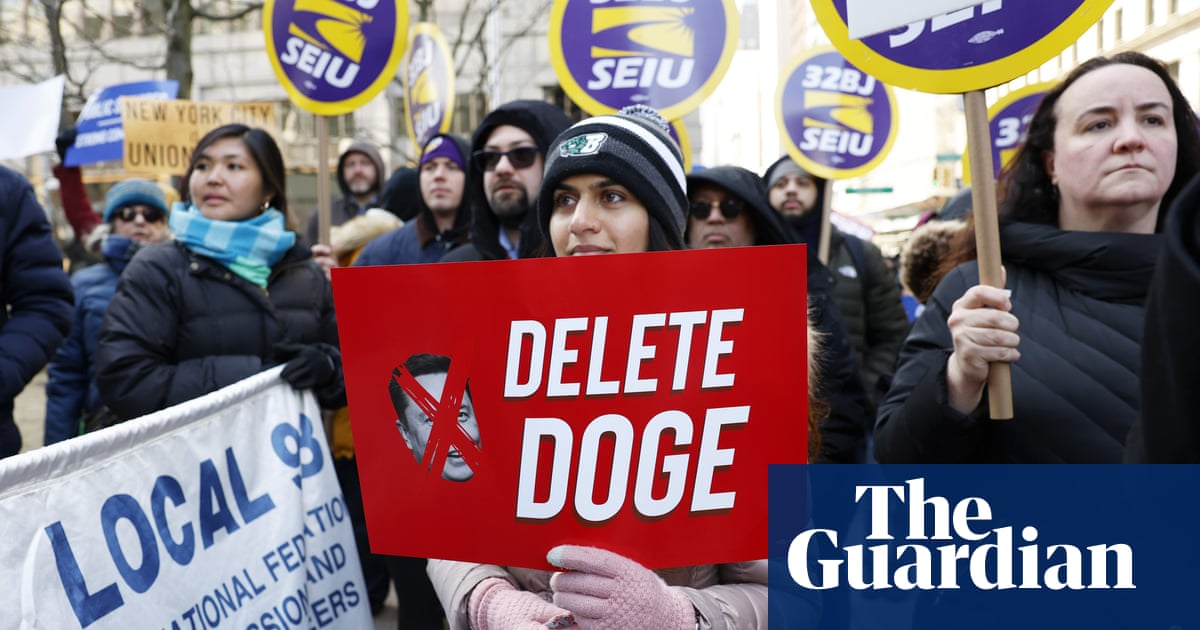Keir Starmer is facing his first major test over Brexit after unionists in Northern Ireland decided to pull what is known as the Stormont brake on EU laws due to apply in the region.
Unionist parties and independents decided to come together to exercise their right to object to an update in EU legislation that would apply to labelling on chemicals. By pulling the brake, they invite the UK government to veto a EU law applying in Northern Ireland.
“It will be a big test for the British government,” said Katy Hayward, professor of political sociology at Queen’s University Belfast and an expert on the Windsor framework, the post-Brexit Northern Ireland protocol. “If it agrees to trigger the brake, it is accepting in principle that EU legislation updates can have ‘a significant impact specific to everyday life of communities in Northern Ireland in a way that is liable to persist’ – and that such an impact was only prevented by the actions of a minority of MLAs [members of the legislative assembly].
“On the other hand, to reject the request will be to directly contradict the stance of all unionist MLAs on the matter, which will further fan unionist narratives of ‘betrayal’.”
Under the rules, 30 members of the legislative assembly in Stormont from different parties are required to sign the Stormont brake.
The Democratic Unionist party, with 25 MLAs, has been backed in its mission to pull the brake by eight Ulster Unionist MLAs, the Traditional Unionist Voice party’s MLA, Jim Allister, and the independent unionist Claire Sugden.
The DUP leader, Gavin Robinson, said: “The DUP is focused on fully restoring Northern Ireland’s place in the United Kingdom and its internal market. We have made no secret of the fact that we will use the Stormont brake to full effect in the pursuit of our overall objectives.”
The new laws opposed by the DUP are an update on EU rules on the labelling of chemicals, including new minimum font sizes and rules around spacing of lines of text. The Chemical Industries Association has said they will have a significant impact on Northern Ireland, as the changes would not be required for Great Britain and some companies may decide not to produce two sets of labels, leaving some products unavailable in Northern Ireland.
Under the Windsor framework agreed by the UK’s former prime minister Rishi Sunak and the European Commission president, Ursula von der Leyen, EU trade laws must be observed on any goods entering Northern Ireland from Great Britain which are at risk of entering the Republic of Ireland – and therefore the EU – unless it can be proved the laws are causing persistent societal damage.
after newsletter promotion
Sunak and von der Leyen agreed to give the Northern Ireland assembly the power to disapply rules that would be damaging to the local community under this so-called Stormont brake.
Unionists have previously criticised the brake as a meaningless concession, as it is the London government along with the EU that will take the ultimate decision as to whether any EU laws should not apply in Northern Ireland. Under the rules they must notify the northern Ireland secretary, Hilary Benn, before a deadline of 6 January that they are applying the brake.
Benn must then decide whether the arguments satisfy the conditions laid out in the Windsor framework. If the conditions are met, he must then refer it to the EU-UK joint committee that oversees the overall Brexit withdrawal agreement, and is led by the cabinet minister Nick Thomas-Symonds and the European Commission vice-president Maroš Šefčovič.

 2 months ago
37
2 months ago
37













































